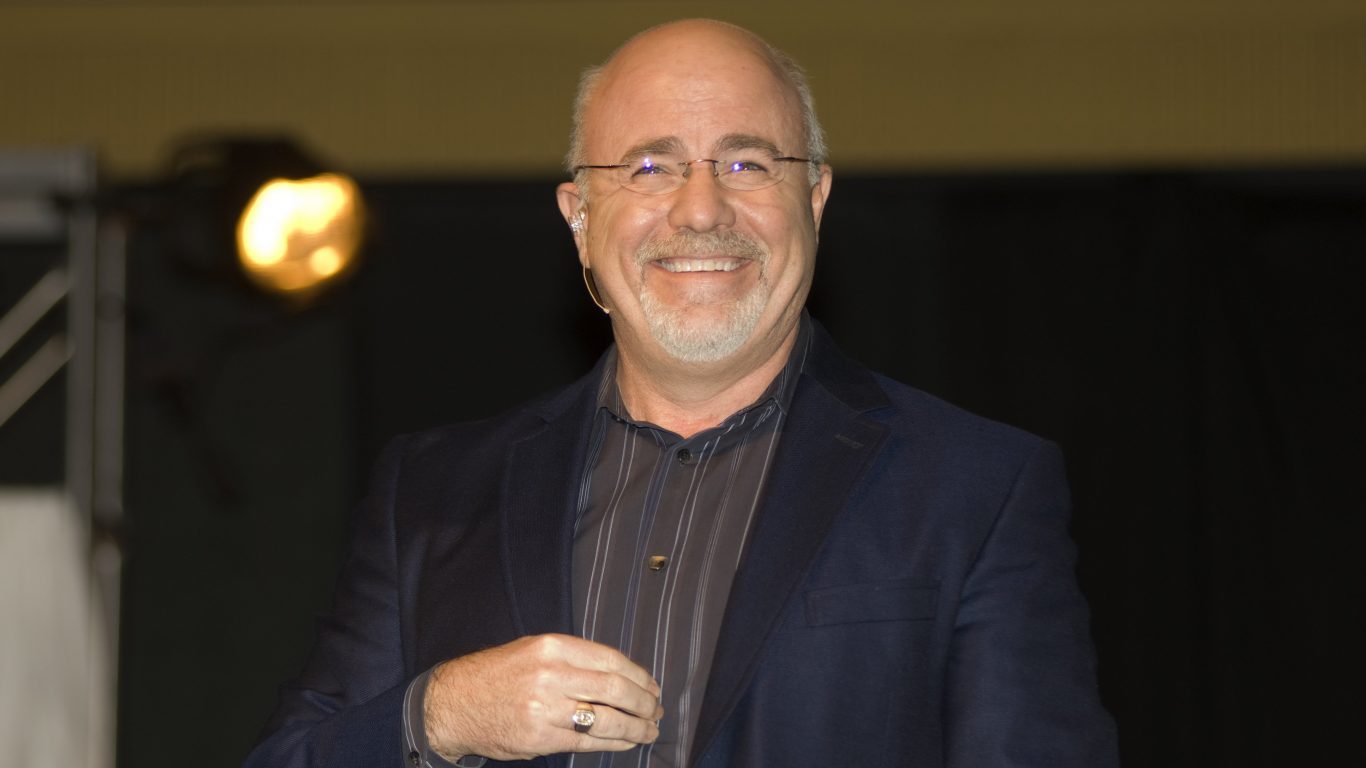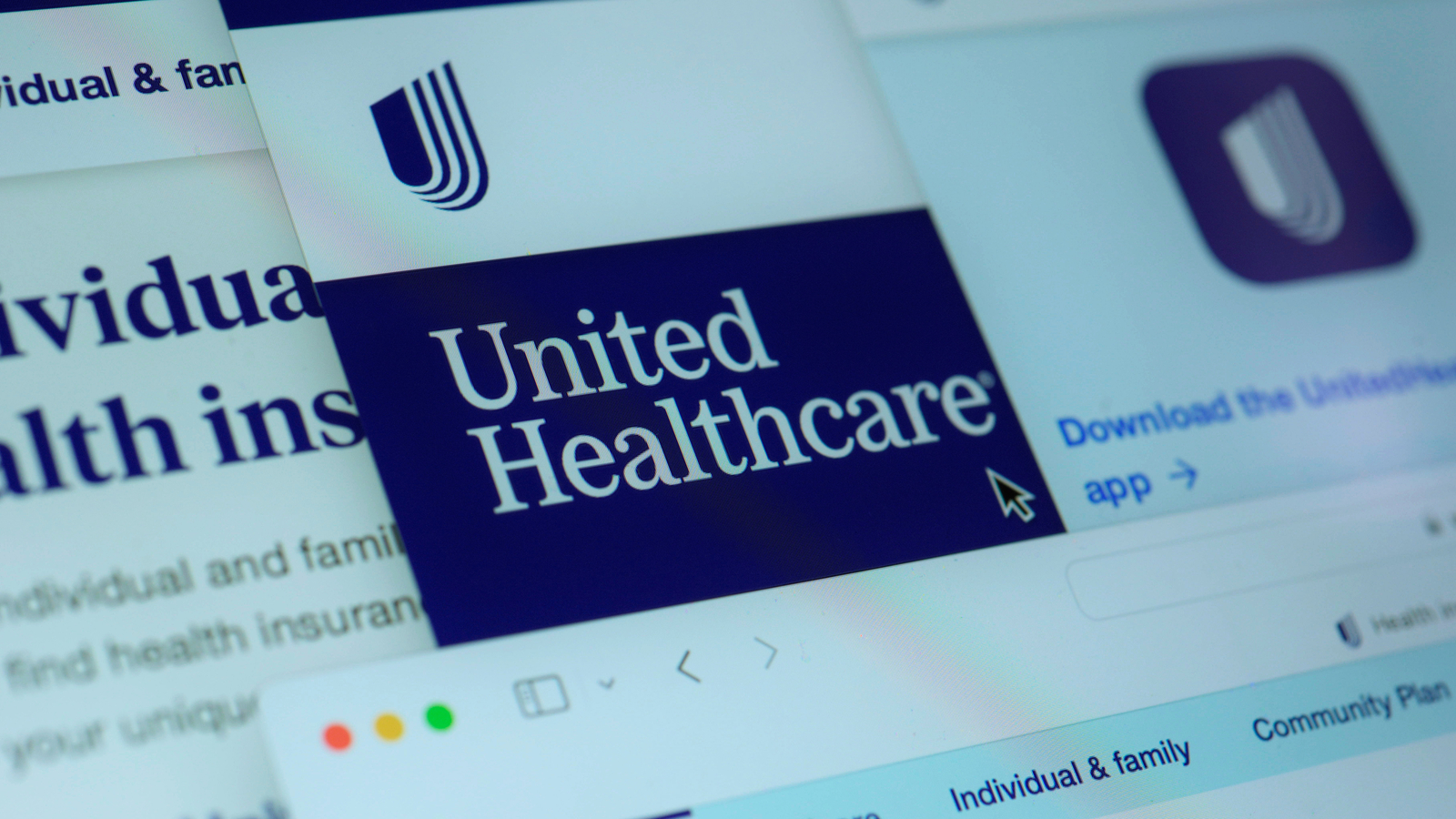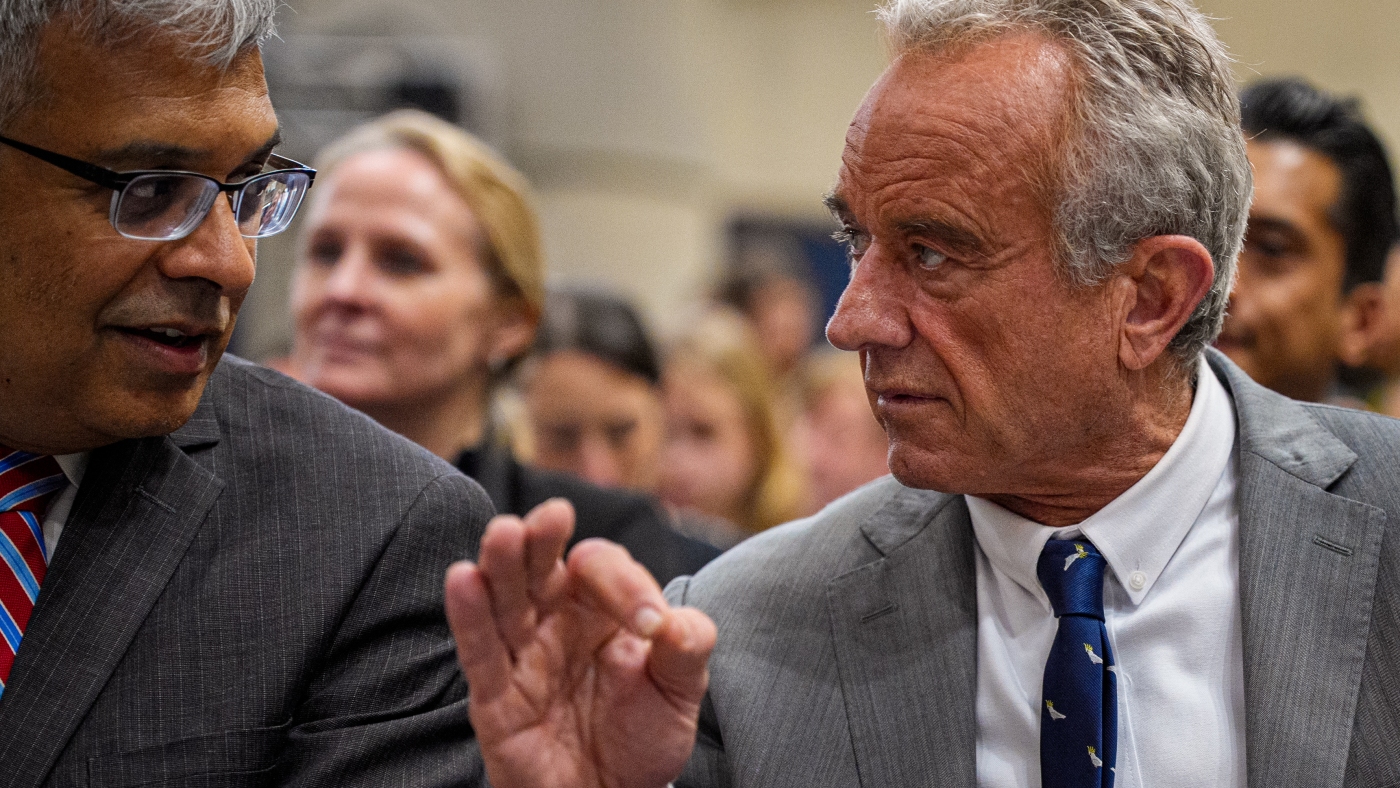#medicare
#medicare
[ follow ]
#medicaid #healthcare #social-security #drug-pricing #healthcare-policy #health-policy #healthcare-fraud
fromBrooklyn Paper
1 month agoNew tech company, Hera, seeks to offer affordable care for aging New Yorkers * Brooklyn Paper
Lee, a software engineer who previously worked at Google and Uber, recognized those struggles for the first time a few years ago, when her grandmother died after a long battle with dementia. Lee's aunt, who she described as an "alpha daughter," had been her grandmother's primary caretaker for years. "I just, from the sidelines, thought she was a complete superhero. She was an architect, she was raising children, she was taking care of my grandmother," Lee said. "But it was at the memorial service that I realized she actually just fully broke during that whole journey."
Brooklyn
fromwww.npr.org
2 months agoThe shutdown leaves telehealth for Medicare patients in limbo
But Stearn, who serves on the patient advisory council for Johns Hopkins Medicine, says the loss of telehealth services complicates life for almost everyone from the working person to Stearn's own 90-year-old mother, who hates traveling to and from the doctor. "When I have a cold, do you really want me to go into the doctor's office and confer with everybody else?" Strearn says. "There are just so many different reasons why telehealth is a good idea."
US news
New York City
fromwww.amny.com
4 months agoOp-ed | Does NYC Council Speaker Adrienne Adams care about municipal retirees going into medical debt? | amNewYork
Adrienne Adams' proposed last-minute City Council rules changes could block protections for NYC retirees' Medicare benefits and other popular bills, potentially enabling political favors.
fromJezebel
5 months agoEveryone Booed Susan Collins at Her Little Ribbon-Cutting Ceremony
On Tuesday morning in Searsport, Maine, Republican Sen. Susan Collins woke up and decided to do something she very, very rarely does: hold a public press event in her state. The event was in celebration of the completion of two years of construction and renovation on the town's Main Street-though very few people were feeling celebratory. Over 200 protesters showed up to the ribbon-cutting ceremony to express their dismay at the senator, her voting record, and the Trump administration at large.
US politics
US politics
fromIPWatchdog.com | Patents & Intellectual Property Law
5 months agoAppellate Challenges to Medicare Drug Price Negotiation Program Fail
Medicare Drug Price Negotiation Program faces legal challenges from pharmaceutical companies, impacting access to medicines.
Court rulings affirm that claims against the program lack merit as participation is voluntary and not regulatory.
fromMetro Silicon Valley | Silicon Valley's Leading Weekly
6 months agoFeds Sink Santa Clara County Budget With Medi-Caid Cuts
"There's a lot the state can do-they certainly should not be exacerbating the federal impacts," Williams said. "The most recent budget adopted by the state layers its own medical cuts on top of federal cuts, and that is very concerning. The state needs to take care of its public hospital systems."
Public health
fromMedCity News
6 months agoWhy Providers Aren't Happy with CMS' Outpatient Medicare Physician Payment Proposal - MedCity News
CMS proposed a 2.4% increase in Medicare payments for hospital outpatient services and ambulatory surgery centers, reflecting a market basket update and productivity adjustment.
Healthcare
fromMedCity News
9 months agoPeterson Center on Healthcare: 3 Policy Recommendations for Remote Health Technologies - MedCity News
"Policymakers should create evidence-based, condition-specific remote monitoring duration limits and require an active redetermination of medical necessity to continue coverage for these services beyond those limits."
Healthcare
Healthcare
fromwww.theguardian.com
9 months agoMore bulk billing will ease the cost of living. But what Australia's health system really needs is genuine reform | Stephen Duckett
Australia's health system needs urgent reforms despite funding promises from major parties.
Key areas for reform include financial access to care, chronic conditions, and workforce issues.
[ Load more ]













































